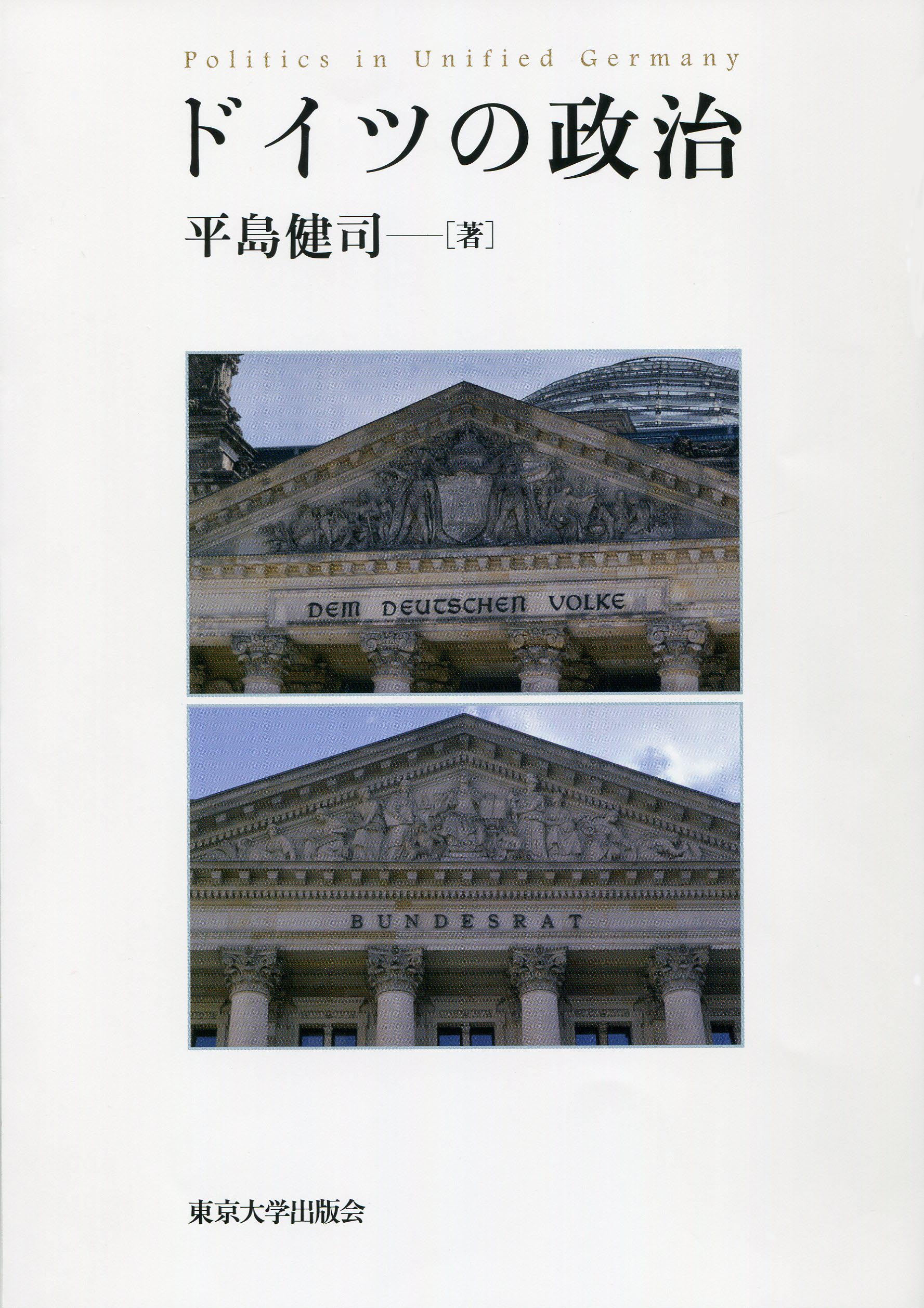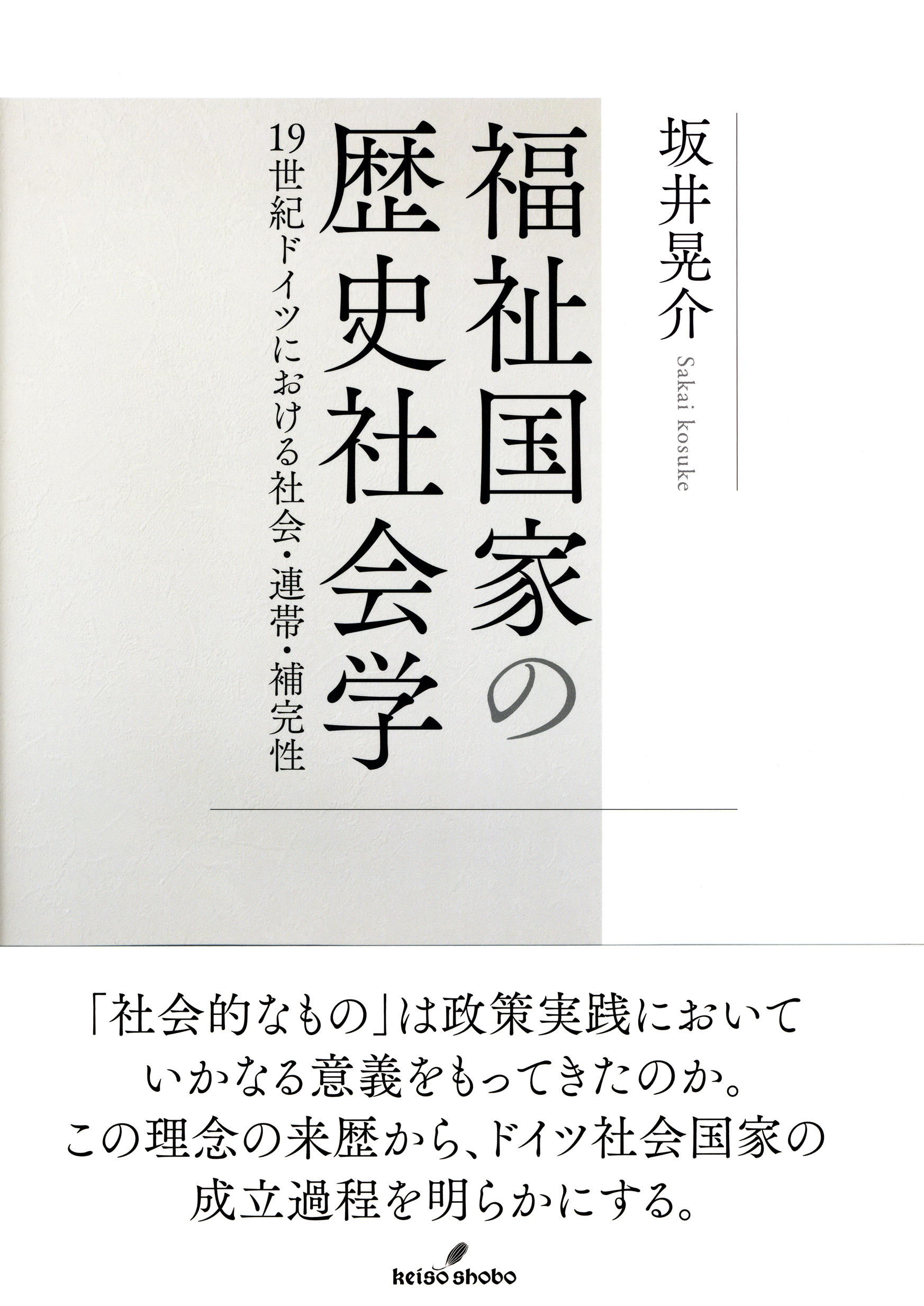
Title
Doitsu no Seiji (Politics in Unified Germany)
Size
226 pages, A5 format
Language
Japanese
Released
March 24, 2017
ISBN
978-4-13-030163-3
Published by
University of Tokyo Press
Book Info
See Book Availability at Library
Japanese Page
As the Cold War, which had divided Europe into two antagonistic camps, approached its end in the late 1980s, the two German states likewise accomplished their historical undertaking of Reunification. The unexpectedly speedy Reunification, however, left another intractable problem in its wake. The welfare provisions of West German origins were mobilized for rescuing the unemployed and a large amount of public monies came to be transferred to the newly built eastern states (Länder) through the federal fiscal equalizing schemes, with resultant accumulation of public deficits and debts.
How have political parties and other state-, societal actors come to terms with the reconstruction of the East? How have they strategically acted in the context of institutional frameworks, which have evolved since the era of West Germany? And, more specifically, how have the social insurance schemes and federal systems been reformed under the fiscal pressures they generated? Based on the rich accumulation of relevant past researches, the book tries to elucidate the political mechanisms of United Germany immanent to its political structure.
It was an American political scientist, Peter J. Katzenstein who characterized the polity of Federal Republic of Germany with the decentralized state and centralized society mutually intermediated through such nodes as political parties, cooperative federalism and para-public institutions (Policy and Politics in West Germany: the Growth of a Semi-Sovereign State, 1987). The institutional settings thus necessitate multilateral coordination among political actors and enable policy change in an incremental way. He argued that although even the Federal Chancellor could not unilaterally change policies, gradual policy changes ensured stability for the German polity.
While his insights came to be widely shared among academicians, much more has been researched on individual political actors and specific policy areas. By contrast my book is devoted to presenting a whole picture of the changing “semi-sovereign state” that has undergone considerable transformation since the Unification.
It is naturally far from easy to predict the future of Germany, which finally confronts the populist forces represented in the Bundestag domestically and is destined to keep supporting the EU engulfed in multiple crises. However, the analysis of the political structures and mechanisms of the “semi-sovereign state” that the book has tried to provide would surely deepen our understanding and promote serious debates on German politics.
(Written by HIRASHIMA Kenji, Professor, Institute of Social Science / 2017)



 Find a book
Find a book


